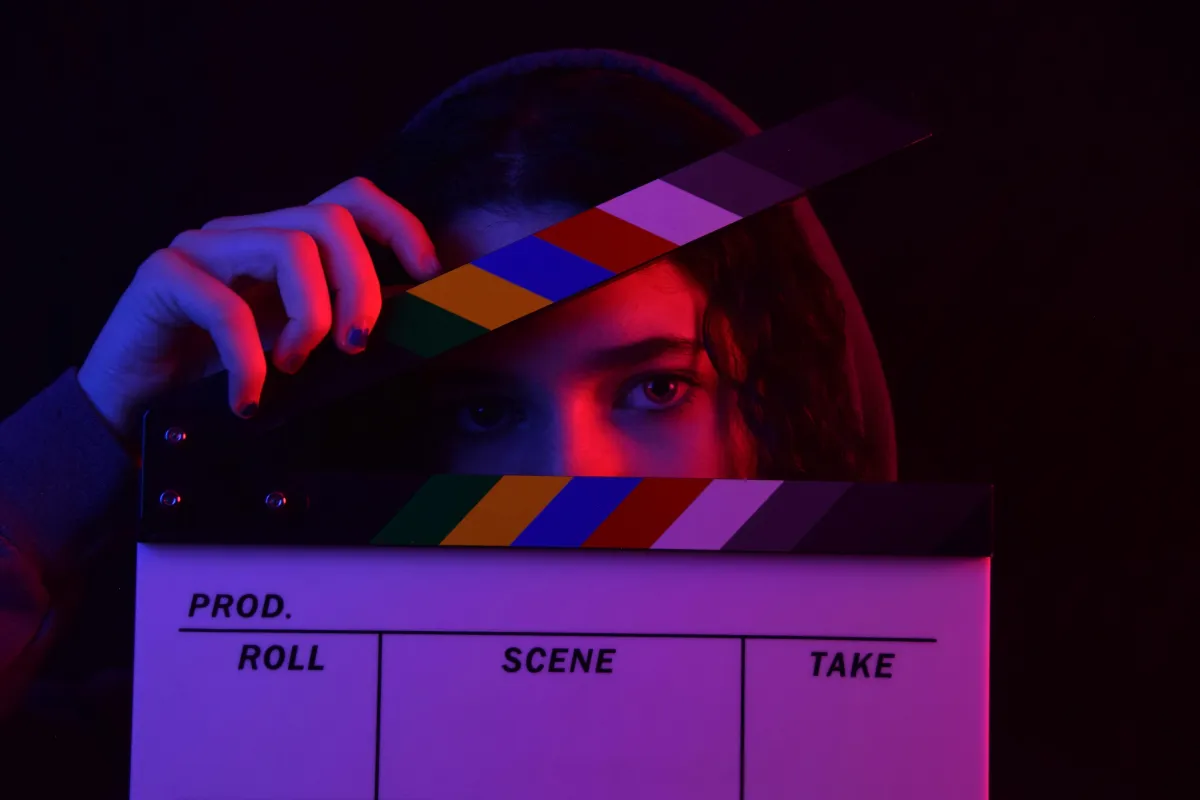FFA BLOG

6 Influencer Marketing Strategies for Independent Filmmakers
6 Influencer Marketing Strategies for Independent Filmmakers
When I think about influencer marketing for indie filmmakers, I immediately think about how a film can creatively reach a specific group or community that the story directly relates to or affects. It's about identifying the real influencers within those communities—the people who genuinely shape opinions—and getting them to believe in your film enough to want to support it.
In today's digital landscape, influencer marketing is one of the most effective ways for independent filmmakers to promote their work, build buzz, and connect directly with their target audience. Leveraging trusted voices in relevant online communities allows indie films (often working with limited budgets) to punch above their weight in terms of audience reach and engagement.
The key advice I give to filmmakers new to this is: budget for influencer marketing from the beginning. Anyone who understands the power of audience reach knows it's worth paying for. But that doesn't mean you need a huge budget. Below are six actionable strategies, sources to guide your efforts, a real-world case study, and a Q&A section to help you implement influencer marketing successfully.
1. Identify and Partner with the Right Influencers
It's crucial to find influencers whose followers align with your film's genre and values. Don't just look at follower count; assess engagement rates and authenticity. Use tools like Hootsuite or Influencer Marketing Hub to research content creators active in the indie film space.
Look for micro-influencers (1,000–100,000 followers) in particular, as their audiences are often deeply engaged and trust their recommendations. In my experience, micro-influencers with around 5,000 to 10,000 followers can be incredibly cost-effective. Many will post about your project for as little as $50–$100. If you're strategic, a small budget can go a long way by working with the right micro-influencers who actually connect with your film's themes.

2. Offer Exclusive Content and Experiences
Provide influencers with early screeners, behind-the-scenes footage, or special Q&A sessions with the cast and crew. This gives them unique value to share with their followers and creates authentic excitement around your project. Personalized assets and immersive experiences make influencers more likely to talk positively about your film.
3. Collaborate on Creative, Platform-Specific Content
Work with influencers to develop content that fits their unique style and platform. This could be TikTok challenges, Instagram Reels, YouTube reviews, or behind-the-scenes vlogs. Collaborative creativity leads to more engaging and shareable material, making your campaign feel less like an ad and more like a community event.
4. Build Ongoing Relationships
View your influencer partnerships as long-term collaborations rather than one-off transactions. Stay in touch, share updates, and invite influencers to events or screenings. Cultivating genuine relationships encourages repeat promotion and word-of-mouth momentum that can grow with your career.

5. Leverage Niche Film Communities and Reviewers
Partner not just with celebrities, but with respected micro-influencers and bloggers who specialize in film, especially those active in indie or genre-specific communities on Reddit, Letterboxd, or specialist blogs. Their opinions carry weight among cinephiles looking for hidden gems.
One method I've found particularly valuable is targeting podcasts by appearing on shows hosted by well-known voices who speak directly to the kind of audience your film was made for. This approach allows for deeper conversations about your project and builds genuine connections with engaged listeners.
6. Run Thematic Challenges and Hashtag Campaigns
Encourage influencers and followers alike to post creative challenges or user-generated content tied to your film, such as reenacting scenes, sharing fan art, or using a special hashtag. This can quickly amplify organic reach and foster a sense of fan ownership while generating additional social proof for your movie.
Think Cross-Promotion
One of the simplest and most effective ways to think about influencer marketing is as a form of cross-promotion. For example, if your film uses a strong music tracklist, you can leverage the artists behind that music to help promote the film to their own fanbases. That way, the music community becomes part of your marketing engine. This strategy has proven effective time and again because it creates authentic connections between your film and established audiences.

Real-World Example: "Wonderwell"
The independent film "Wonderwell" harnessed influencer marketing by partnering with female influencers whose values aligned with the film's themes of self-discovery and empowerment. Through creative collaborations (including behind-the-scenes content and hashtag challenges like #CarrieFisherActingChallenge) the film sparked widespread engagement online. This strategy amplified anticipation ahead of release and built meaningful word-of-mouth, proving especially powerful for a film with a modest promotional budget.
Common Questions and Answers
Q1: What is influencer marketing in the context of filmmaking? A: Influencer marketing means partnering with content creators (e.g., YouTubers, Instagrammers, bloggers) to authentically promote your film to their audiences, boosting awareness and ticket sales.
Q2: How do I find the right influencers for my film? A: Understand your target audience's demographics and interests, then identify influencers who appeal to the same group and have strong engagement and credibility within the indie film niche.
Q3: What content should I provide to influencers? A: Offer trailers, exclusive clips, behind-the-scenes looks, interviews, screeners, or even in-person events and creative challenges for more interactive content.
Q4: Is influencer marketing affordable for indie filmmakers? A: Yes. While top-tier influencers can be costly, micro-influencers often collaborate for much lower fees, storytelling opportunities, or cross-promotion, making campaigns accessible even for tight budgets.
Q5: How do I measure success? A: Use metrics such as engagement rate, content reach, new followers, website traffic increases, and, most importantly, ticket sales or streaming views/installations that result directly from influencer links or partnerships.
Q6: What challenges do filmmakers face? A: Common obstacles include choosing the right influencers, ensuring authenticity in promotion, and accurately tracking ROI. Clear communication and use of analytics tools help overcome these barriers.
By thoughtfully applying these strategies, independent filmmakers can use influencer marketing to expand their audience, create buzz, and elevate their projects without requiring blockbuster budgets or access to traditional advertising channels. Influencer marketing today is one of the most powerful tools available, not just for films, but for promoting anything. There are countless platforms that help you connect with the right influencers, making this strategy more accessible than ever before.
Studio 202 | Mainyard Studios | 280 Mare St | London | E8 1HE | UK
+44 7360 268742
hello@futurefilmacademy.com
www.futurefilmacademy.com

